Results
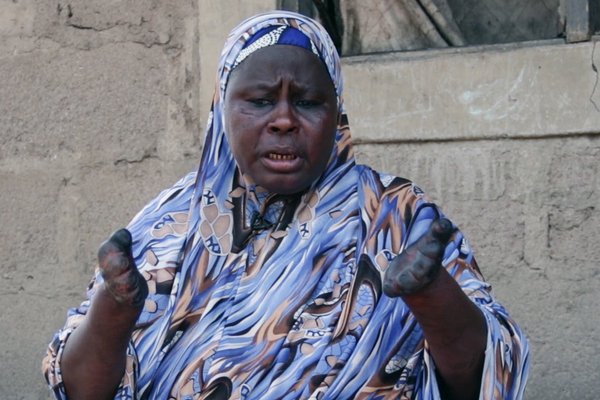
A look at the latest mental health research that is being conducted by our team in Nigeria
The International Leprosy Congress 2025 is taking place at the Bali Nusa Dua Convention Center, Indonesia from 7-9 July. The Leprosy Mission will be present throughout the conference through presentations and at the exhibition centre.
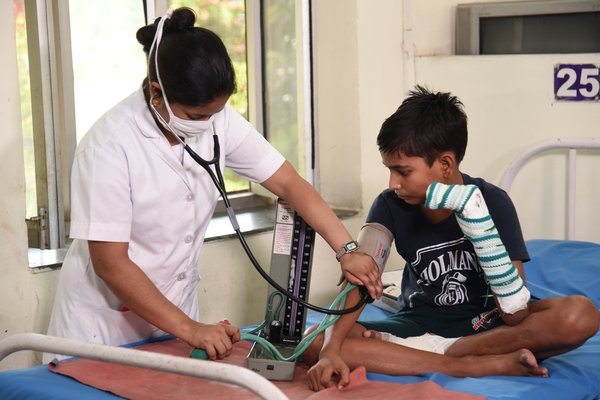
Leprosy is a Neglected Tropical Disease (NTD), which places it under SDG 3.3. NTDs affect 1.7bn people across the world.
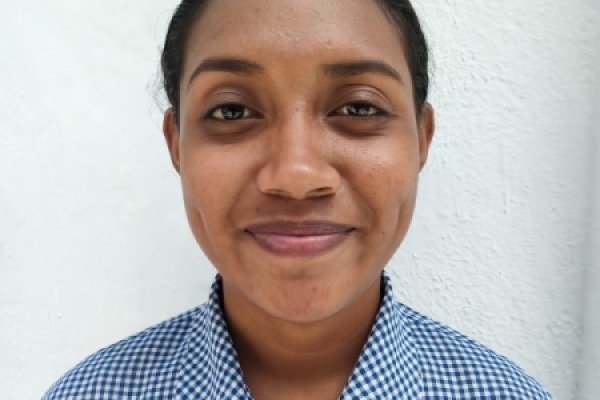
The Co-Chair of the 3rd Roundtable at the 2023 CRPD Conference was Ana Ivonia from The Leprosy Mission Timor-Leste
The Leprosy Mission calls on the United Nations to select someone with personal experience of leprosy as the next Special Rapporteur on the elimination of discrimination against persons affected by leprosy and their family members.
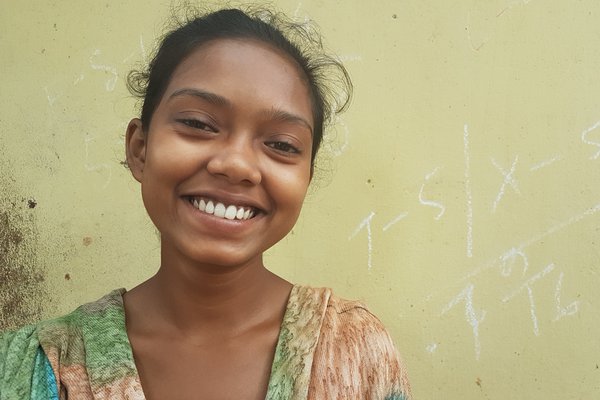
Both Shudeepta and her sister are now working in the garment industry, where they have been able to earn a good income thanks to TLM training
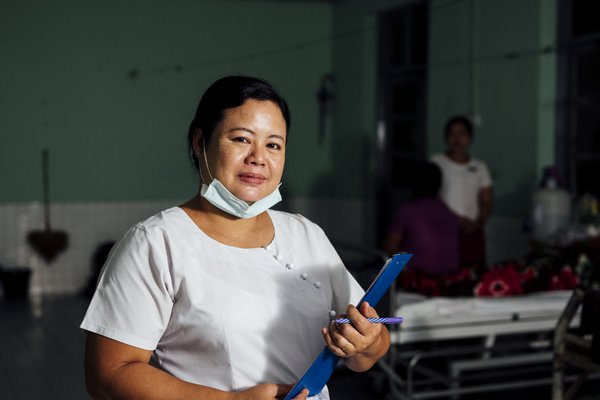
After months of violent military rule, Myanmar is currently experiencing a devastating wave of Covid-19 and there is no healthcare system in place to help.
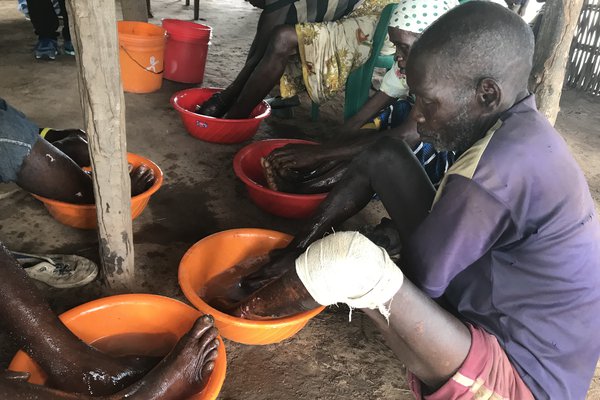
Developing guidelines for leprosy centres and health centres to promote and support self-care with a particular emphasis on prevention of recurrence of ulcers in the community.